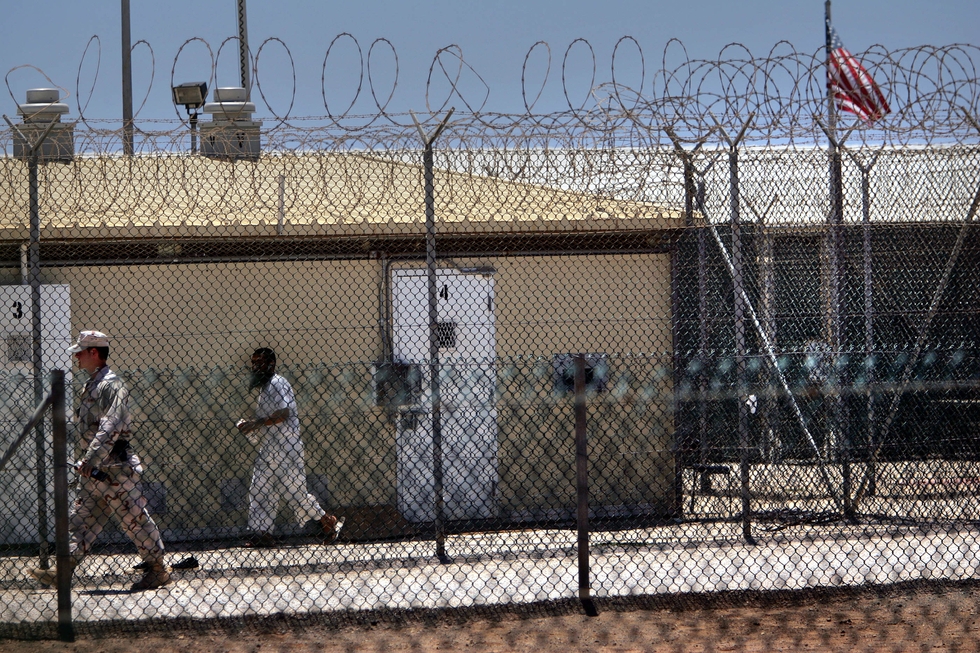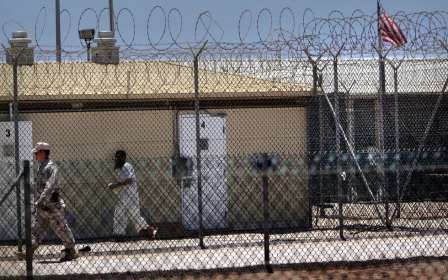Guantanamo detainees transferred to Italy, Serbia

The US transferred three prisoners out of the notorious Guantanamo Bay detention centre within 48 hours, as President Barack Obama seeks to close the reviled American military detention centre in Cuba.
The Pentagon on Monday transferred two Guantanamo detainees, one Yemeni and the other Tajik, to Serbia, bringing the population of the controversial military prison to 76.
On Sunday, Saudi-born Yemeni inmate Fayiz Ahmad Yahia Suleiman was transferred to Italy.
Suleiman, who was recommended for transfer in January 2010 by the Guantanamo Review Task Force, had spent 14 years in the prison. He was originally brought to Guantanamo Bay in January 2002.
A total of 76 inmates now remain at Guantanamo, which Obama has long vowed to close. He has been unable to do so amid opposition from the Republican-held Congress, concerns at home over plans to hold one-time terror suspects on US soil and the reluctance of allies to take in the prisoners.
The transfer showed that the Obama administration continues to pursue a lesser goal of getting out every detainee on a list of men recommended for transfer if security conditions are met in receiving countries, the New York Times said. Suleiman’s departure leaves 29 detainees on the list.
He was among the earliest detainees brought by the George W. Bush administration to the prison when it opened in 2002, the Times reported. According to a leaked military dossier, he was arrested near the Afghan border by Pakistani police in late 2001 and turned over to the American military
The dossier shows that details of Suleiman’s alleged involvement with al-Qaeda were mostly based on claims made to interrogators by a single detainee who was known for providing information about alleged terrorist activities and who received favourable treatment in the prison, the Times said. Intelligence officials and judges later discounted the credibility of his accuser’s information absent corroboration.
Suleiman had been on the transfer list since 2009, when officials said he posed a low enough threat to be released to a stable country.
Middle East Eye propose une couverture et une analyse indépendantes et incomparables du Moyen-Orient, de l’Afrique du Nord et d’autres régions du monde. Pour en savoir plus sur la reprise de ce contenu et les frais qui s’appliquent, veuillez remplir ce formulaire [en anglais]. Pour en savoir plus sur MEE, cliquez ici [en anglais].



